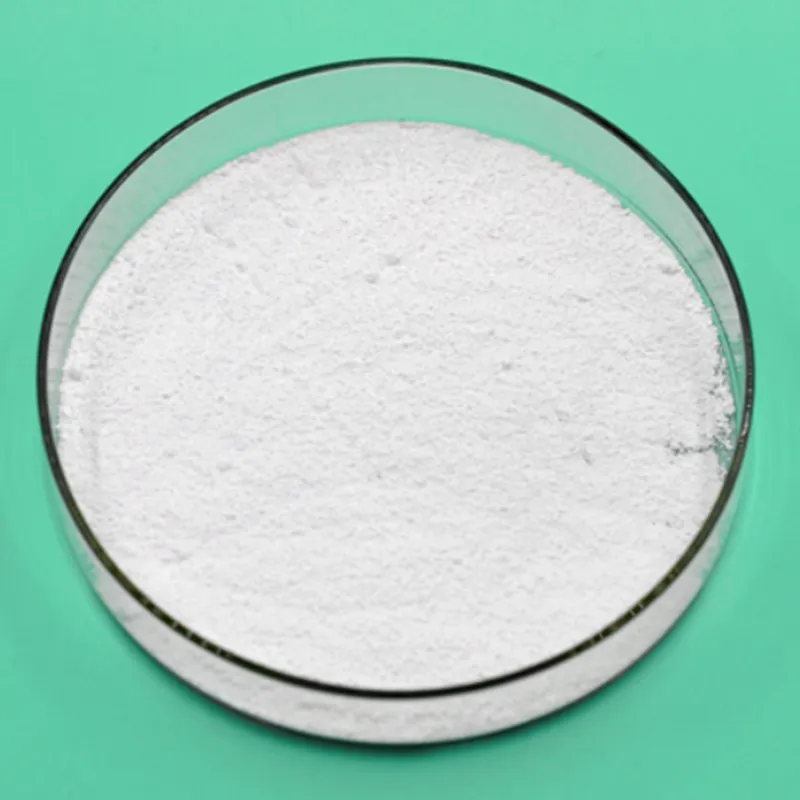
denatured alcohol wholesale
Understanding Wholesale Denatured Alcohol Characteristics, Uses, and Market Dynamics
Denatured alcohol, also known as methylated spirits, is a key industrial solvent derived from ethanol that has been rendered unsuitable for human consumption through the addition of toxic substances. While the primary component is ethanol, the denaturing agents can vary, resulting in different types of denatured alcohol available in the market. This article explores the characteristics, uses, and market dynamics surrounding wholesale denatured alcohol.
Characteristics of Denatured Alcohol
Denatured alcohol boasts several unique features that make it highly sought after in various industries. The primary characteristic is its solvent properties; it is effective at dissolving oils, resins, and many organic compounds. This makes it invaluable for applications in painting, varnishing, and cleaning.
Another important characteristic is its relatively low boiling point, which enables it to evaporate quickly. This property is particularly useful for applications where rapid drying is essential, such as in the production of cosmetics and personal care products.
Furthermore, the addition of denaturants makes it less appealing for consumption, which reduces the risk of alcohol abuse and allows it to be sold at lower taxation rates compared to potable alcohol. This aspect plays a vital role in its widespread industrial usage.
Uses of Denatured Alcohol
Denatured alcohol has a diverse range of applications across various sectors. In the industrial realm, it is used as a solvent for paints, coatings, and adhesives, facilitating easier application and enhancing the performance of these products. Additionally, it serves as a cleaning agent in industrial settings, effectively removing grease and residues.
denatured alcohol wholesale

In the personal care industry, denatured alcohol finds its way into cosmetic formulations, as it aids in preserving products and improving their texture and application. It is commonly found in skincare, haircare, and fragrance products, where its ability to evaporate quickly can enhance user experience.
Moreover, denatured alcohol is utilized in the production of fuel for camping stoves and as an alternative energy source. It also plays a significant role in laboratories as a sterilizing agent and in the manufacture of various chemicals.
Market Dynamics of Wholesale Denatured Alcohol
The market for wholesale denatured alcohol is influenced by various factors, including demand from different industries, regulatory changes, and production capacities. As industries continue to seek cost-effective and efficient solutions for their processes, the demand for denatured alcohol remains robust.
Geographically, the market is broad, with significant demand in North America, Europe, and Asia. The rise of emerging markets has led to increased consumption and a growing need for industrial solvents and cleaning agents. Additionally, ongoing trends towards sustainability and the adoption of eco-friendly solvents are driving innovations in the production of denatured alcohol.
However, the market is not without challenges. Regulatory frameworks governing the use of denatured alcohol can vary widely across countries, impacting its availability and pricing. Suppliers must stay informed and compliant with these regulations to maintain their market position.
Conclusion
In conclusion, wholesale denatured alcohol plays a crucial role in various industries, from manufacturing to personal care. Its unique characteristics make it an effective solvent and cleaning agent, while its market dynamics reflect broader industrial trends. As industries evolve and adapt, the demand for denatured alcohol is expected to continue, underscoring its importance in modern applications. Understanding the intricacies of this market can provide valuable insights for businesses and consumers alike as they navigate the complexities of industrial supplies.
-
Sodium Dichloroisocyanurate Safety Handling ProtocolsNewsJul.29,2025
-
Mining Chemicals for Copper Extraction Processes GuideNewsJul.29,2025
-
Fertilizer for Sale Shipping and Storage TipsNewsJul.29,2025
-
Dimethyl Disulfide as Sulfurizing AgentNewsJul.29,2025
-
Benzotriazole Safety Data Handling and Storage GuidelinesNewsJul.29,2025
-
Ammonium Bicarbonate Safety Handling Storage GuidelinesNewsJul.29,2025
-
The Transformative Role Of Trichloroisocyanuric Acid in Water TreatmentNewsJul.23,2025
Hebei Tenger Chemical Technology Co., Ltd. focuses on the chemical industry and is committed to the export service of chemical raw materials.
-

view more DiethanolisopropanolamineIn the ever-growing field of chemical solutions, diethanolisopropanolamine (DEIPA) stands out as a versatile and important compound. Due to its unique chemical structure and properties, DEIPA is of interest to various industries including construction, personal care, and agriculture. -

view more TriisopropanolamineTriisopropanolamine (TIPA) alkanol amine substance, is a kind of alcohol amine compound with amino and alcohol hydroxyl, and because of its molecules contains both amino and hydroxyl. -

view more Tetramethyl Thiuram DisulfideTetramethyl thiuram disulfide, also known as TMTD, is a white to light-yellow powder with a distinct sulfur-like odor. It is soluble in organic solvents such as benzene, acetone, and ethyl acetate, making it highly versatile for use in different formulations. TMTD is known for its excellent vulcanization acceleration properties, which makes it a key ingredient in the production of rubber products. Additionally, it acts as an effective fungicide and bactericide, making it valuable in agricultural applications. Its high purity and stability ensure consistent performance, making it a preferred choice for manufacturers across various industries.











